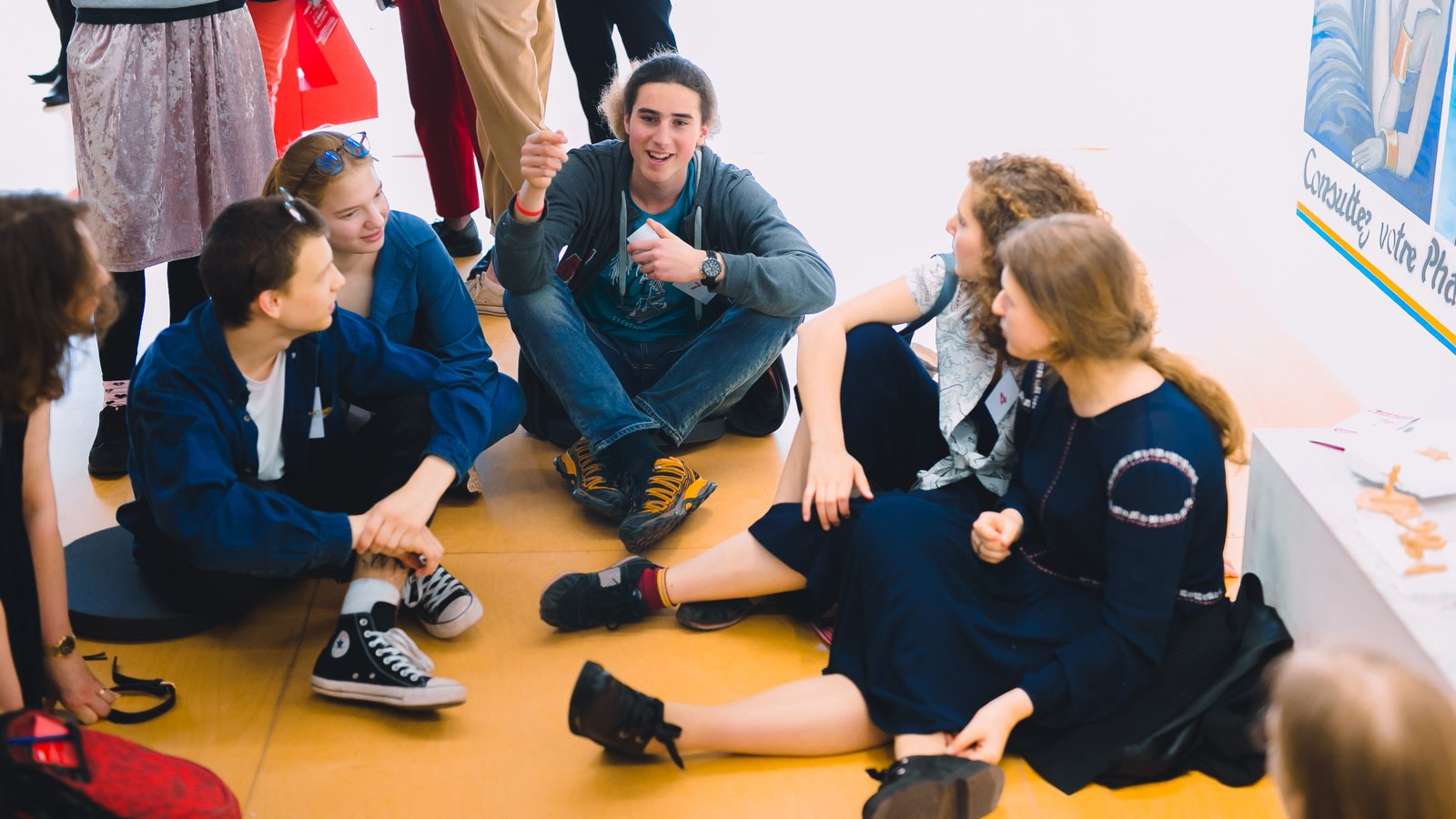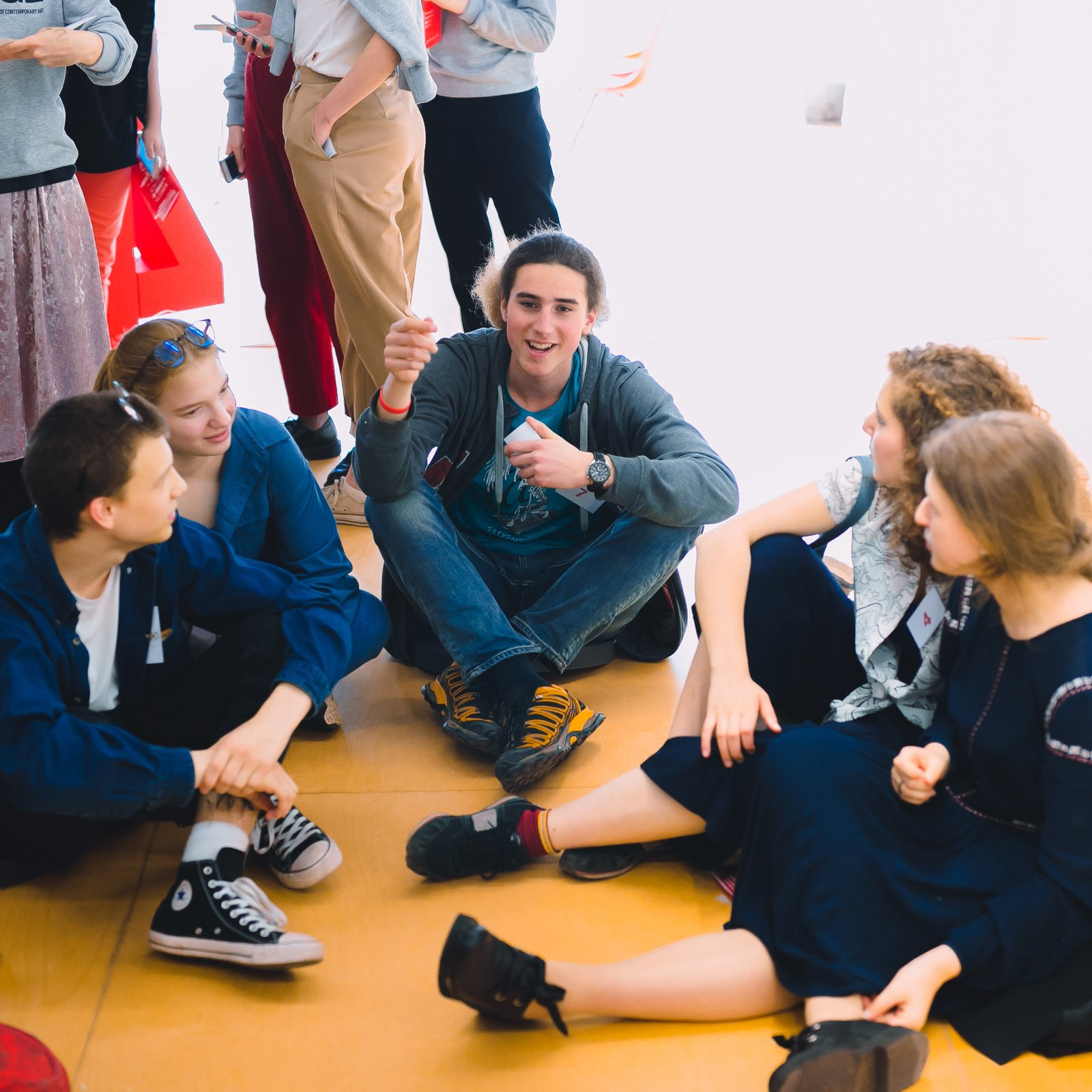What is an attitude? Experts from different fields will provide different answers. Teen Days participants will be able to learn how philologists, artists, philosophers, gender researchers, political scientists, and lawyers understand love, rivalry, and other types of attitudes and relationships.
As part of the public program for teenagers accompanying the 2nd Garage Triennial of Russian Contemporary Art, Garage is launching the project When Attitudes Become…, its title referencing the famous exhibit When Attitudes Become Form curated by Harold Szeemann. During a series of talks, masterclasses, and other educational events, participants, together with specialists of various profiles, will figure out what is concealed behind each relationship type. As in the seminal Szeemann show, which emphasized the importance for the curator to document not just the artworks as such, but also the attitudes and processes that shape them, the Garage project focuses on the formation and development of various kinds of attitudes and relationships through the prism of the humanities, that can comprehend and generate them.
Also, within the framework of the Triennial's public program, Garage will run several sessions of a role-playing game based on the leitmotifs of the exhibition, as well as an animation workshop.

